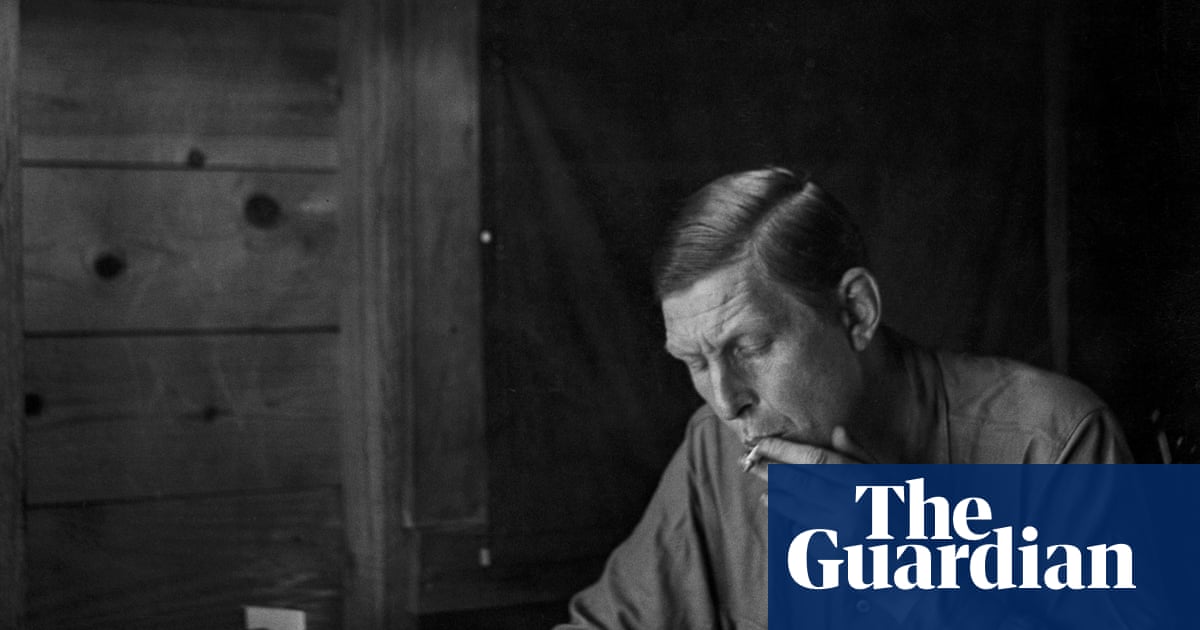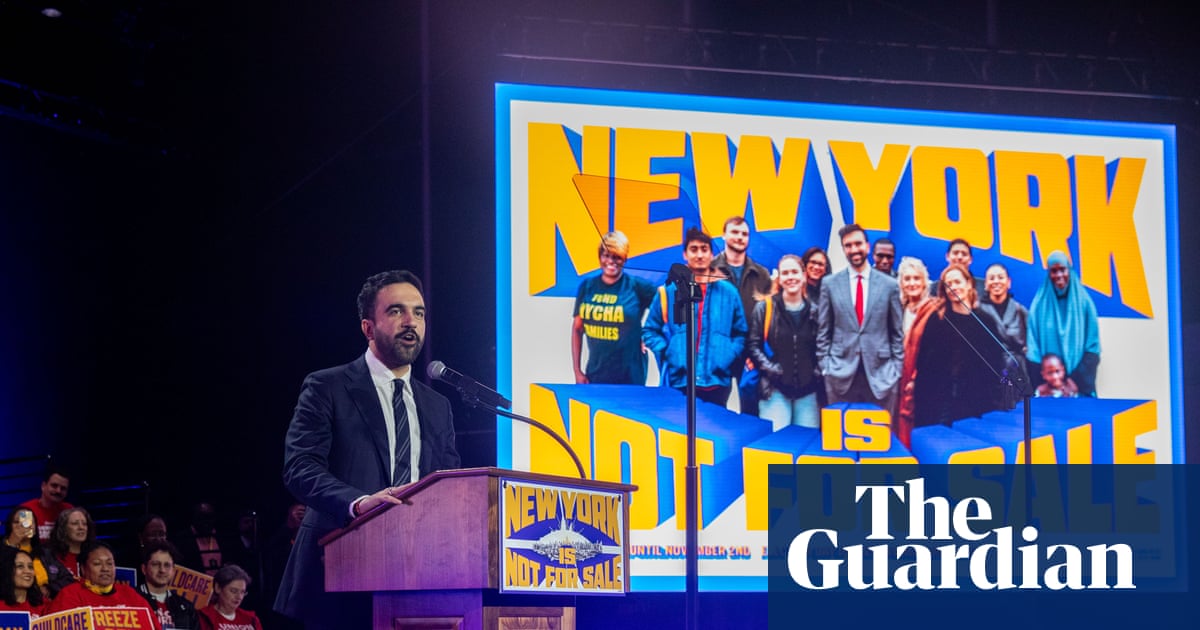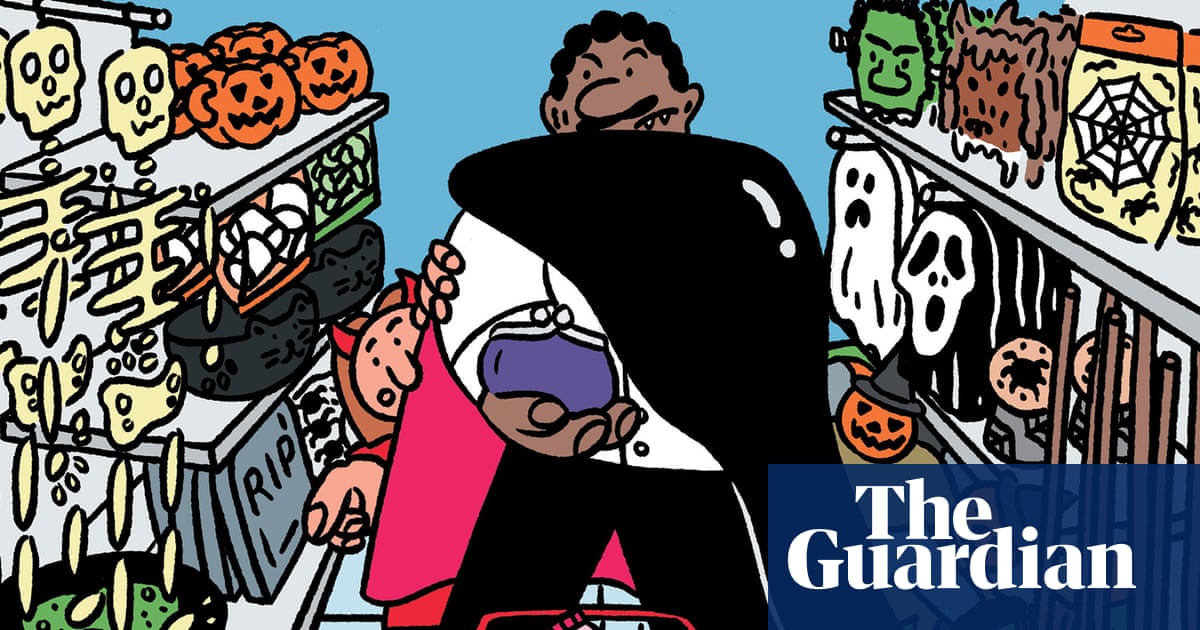Players are returning for pre-season up and down England and Wales. There will be little time for catching up about holidays and families before each has their fitness tested and boots are laced to see whether they remember how to kick a ball. Among the regular faces and new signings, there will be some interlopers in the form of the mystical trialist.
“It is life or death,” says Gboly Ariyibi, who has had trials at six clubs. Football League and National League teams are offered out-of-contract players from all angles, regularly needing to pick through up to 20 to decide whether any deserve the chance to prove themselves for what remains of the budget. From agents suggesting clients to players putting forward a friend in need of work, managers and heads of recruitment are inundated with names and clips sent on WhatsApp by those hoping for a golden ticket.
Ariyibi, who spent last season with Boavista in Portugal, once turned up with a pair of boots at Leyton Orient’s training ground but his eagerness was not matched by the east London side, who turned him away. It is a difficult life as an unemployed footballer. Players, desperate to find a one-year deal, must often be willing to up sticks and move to maintain their career.
Harrogate Town’s manager, Simon Weaver, went through the process as a player and understands the mindset. “Some can become a little bit disillusioned, like I was when I was released at Sheffield Wednesday,” says Weaver. “You can be a bit, not from pillar to post, but feel: ‘I’ve been everywhere here and I don’t feel quite settled.’ But there’s hardship in football because so many want to be a footballer.
“You try to make him comfortable and bring him in and introduce him to members of staff, get them a kit that is the same as the first team so they don’t stand out like a sore thumb, and try to get a bit of a buddy in there straight away, a captain or senior player, showing them around and introducing them to players. Our physio is excellent; she’s also in charge of the kit. It’s about communication through our system so that on Monday when someone’s in, can we get the kit sorted, can we get the food sorted, so that they’re not missing out and they can mix well with the rest of the group.”
The trialist family are often well represented on teamsheets for July friendlies but it is not a given that being invited to the training ground will lead to featuring in a match. Game minutes are valuable for anyone trying to get up to speed for the competitive fixtures and cannot be wasted on someone just because they have turned up.

“You can discount yourself by a lack of appetite straight away,” Weaver says, “and we’ve had that where you think: ‘Actually, it’s meant to be a trial and you’re not really breaking the back to impress or to run to that cone.’ You don’t want people just to make up numbers, you want them to come in and stake a claim and to be able to do that properly. We’re doing our job better by making them feel at ease.”
Even when there is an opportunity for minutes in a match, trialists are not always the priority for managers, leaving them a limited window to impress. “At times they’ve put me striker or on the opposite wing, but you have to make the most of it,” says Ariyibi. “They know it’s not your position, but when you do get the opportunity to play your position you need to take it.”
For youngsters released after their first professional contract concluded, often at a club where they have grown up with high-quality facilities, it is hard to navigate life in the real world. One bad week of training can be catastrophic and would be understandable considering the pressure they are under. If they fail to sign a deal within a few months, their career could effectively be over before it has begun.
Feeling the need to stand out can make some trialists play differently from their natural style, which is unhelpful for both parties. Like everyone else starting pre-season, they are not at full fitness and are unlikely to peak in July, all the while in a new environment and potentially staying in a hotel.
It took Ariyibi five trials before a contract was put on the table at Leeds. The earlier experiences eventually calmed his nerves at the prospect of being put under the microscope by coaches and potential teammates. “You always feel like you have a point to prove when you’re playing,” says Ariyibi. “The buildup of anxiety can play mind games with you: ‘What are they thinking?’ One mistake could affect your whole trial mentally, it’s not an easy position to be in but you need to remain focused on the task at all times.”
after newsletter promotion
The system may not be perfect for identifying talent but it works for many. Harrogate signed Toby Sims and Ellis Taylor in recent years after trials. Both became key players after being invited to join training. Sims had returned to the UK from playing in the lower levels of the US system, and Taylor had been released by Sunderland after more than a decade in their academy.
“Don’t shy away,” Ariyibi says by way of advice, “because you’re on trial or feel like you don’t hold any weight at the club. You just have to go in there and believe in yourself, do not care what anyone thinks and show why you’re better than what they have, because the managers and staff will definitely notice that. You need to be resilient.”
There is an advantage to the try-before-you-buy concept, which also allows time to judge a person’s character. How quickly they fit into the squad dynamic is important. A player will possess a certain amount of talent but learning about attitude and how they interact with others can make the difference. “There are opportunities, as we’ve proven,” Weaver says.
There is no secret to success for a trialist. Endeavour and talent will help but it requires an element of fortune and being in the right place at the right time. In football, though, you have to create your own luck and the window to do it is small.

 3 months ago
58
3 months ago
58

















































